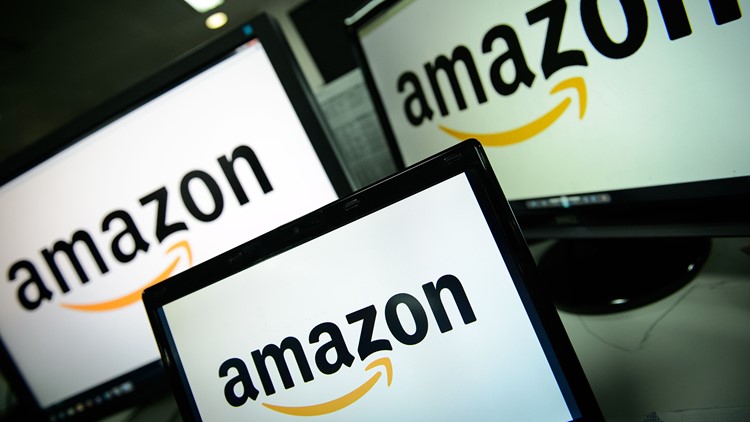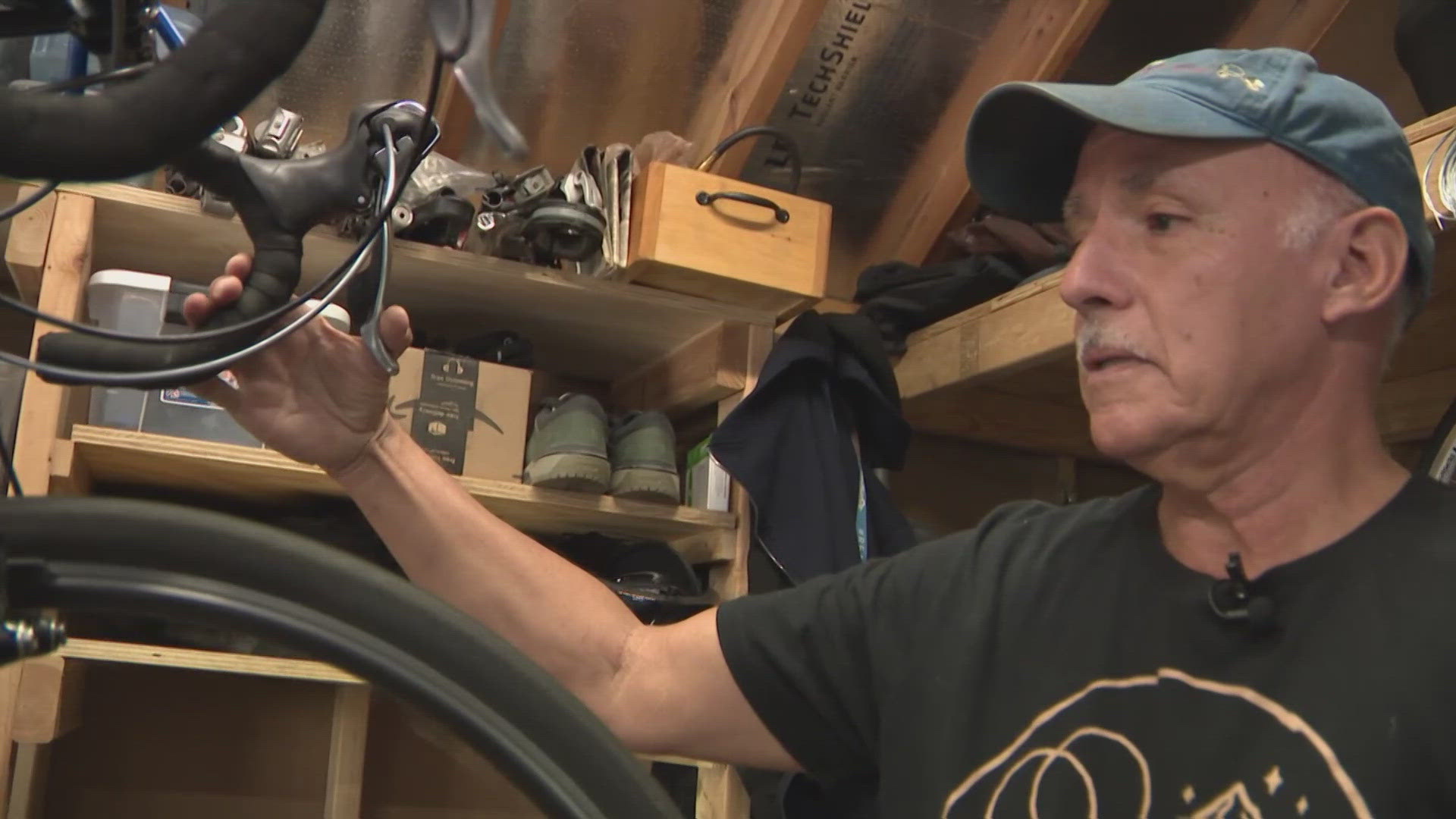In the end, Amazon went for pragmatic, not dramatic.
After it became clear finding a city that could lure 50,000 highly-paid tech workers wasn't as easy as it had thought, the Seattle company plans to add two new headquarters instead of one, both to spread the wealth and to give it access to the widest possible array of technical talent.
Two sources familiar with the process confirmed to USA TODAY that Amazon has made the decision to shift its placement of a second headquarters co-equal with Seattle from one city to two. The possibility was first reported Monday by the Wall Street Journal.
The two cities to be chosen aren't known, nor when they will be named, though the New York Times reported Monday they will be Northern Virginia and New York City. But the decision is very much in line with two things Amazon had said all along. First, it was looking for a second headquarters because it has a ferocious need for more talent than it can convince to move to Seattle. Second, Amazon makes decisions based on the facts and isn't afraid to change mid-course if the data shows it something new.
“My immediate reaction was that having looked at the numbers, they decided they just couldn’t get the amount of talent they needed in one place. You add that to concerns about increased costs and the congestion effect of having that much investment in one place, and you couple it with what’s been going on in Seattle over the past few years, and you wonder if their calculations changed,” said Joseph Parilla, a fellow at the Brookings Institution’s Metropolitan Policy Program.
This is a path Amazon has been going down for almost 10 years. More than a quarter of its U.S. tech and managerial workers are already based outside Seattle. The company currently has 17 North American tech hubs with a total headcount of at least 17,500 staffers.
Some of the hubs started as an acknowledgment of a special tech expertise that had grown up in a specific area, some due to having purchased a company and leaving the staff in place, and others were simply bowing to the reality that not everyone wants to or can live in Seattle. For example, Amazon's Atlanta offices focus on fulfillment technologies, while Pittsburgh, Pennsylvania hosts machine translation research.
The Seattle-based online retailer announced its search for a second home to huge public interest in September 2017, saying in its Request for Proposals that it envisioned investing up to $5 billion in the city it chose and adding as many as 50,000 new employees there, each of whom would make on average $100,000 a year.
The tempting offer sent cities across the United States, Mexico and Canada into a frenzy. By the time the deadline hit five weeks later, 238 proposals were submitted. In January, 20 finalists were announced, 19 in the United States and one in Toronto, Canada.
But while visions of throngs of wealthy taxpayers suddenly appearing in their cities lured many officials, other expressed concerns that an unprecedented flood of young, highly-educated, well-paid workers from elsewhere might destroy the very charm and culture of the cities that made them so alluring in the first place.
The issue has been played out very publicly in Seattle, where what The Seattle Times dubbed the "Amazon Prosperity Bomb" was one of the factors behind a bruising, months-long fight in which Amazon and other businesses squelched a new corporate head tax to fund homeless services.
Seattle's tech-fueled economy led to rent increases that helped exacerbate a local problem of homelessness. It's just one example of the rapid and wrenching changes to the economic makeup of the city the arrival of Amazon's 45,000 well-paid staffers has brought. As recently as 2010, Amazon had only 10,000 employees there.
Anxiety about what Amazon's arrival might mean in the finalist cities is high in some circles. Multiple companies have done analyses of what Amazon's HQ2 would do to rents in the chosen city, in some cases raising them by as much as 30 percent.
“Overall, a large influx of high-skilled jobs is a great news, but our research shows that it can hurt poor renters, so cities are right to worry,” said Victor Couture, a professor of real estate at the Haas School of Business at the University of California, Berkeley. “Fifty thousand highly-paid employee will need a place to live, and simple supply and demand arguments suggest that if housing supply is limited, house prices will rise.”
A survey of Austin residents found that only 30 percent said they perceived Amazon as a "10" on a scale of one to 10 when thinking about the company. In Denver, 16 percent said they were somewhat or strongly opposed to having Amazon to set up shop there.
In Atlanta, an anonymous group called Atlanta Against Amazon launched an online campaign against HQ2, ending its first blog post with "Today is day 1 of resistance against HQ2." In Washington, D.C., a group called the Fair Budget Coalition launched Obviously Not DC, a campaign that echoed the District's pitch to Amazon, Obviously DC.



